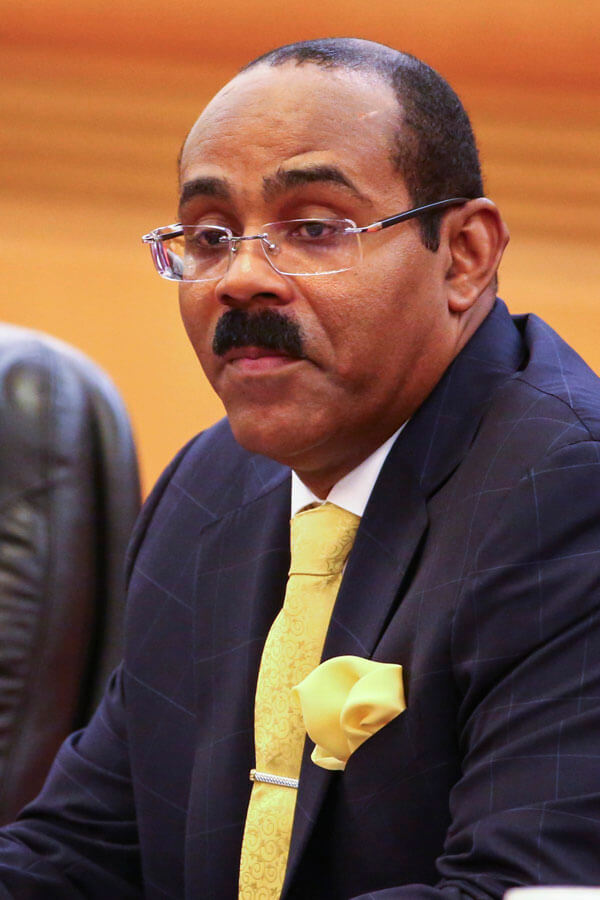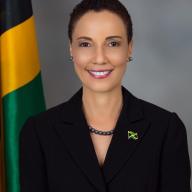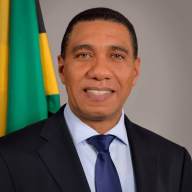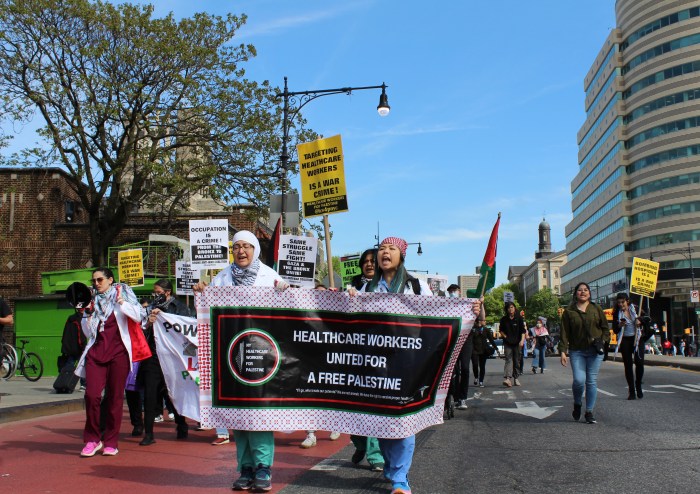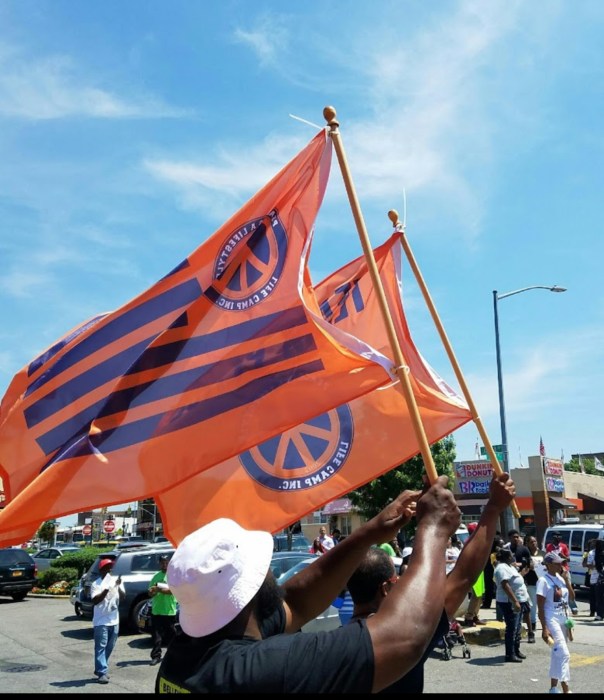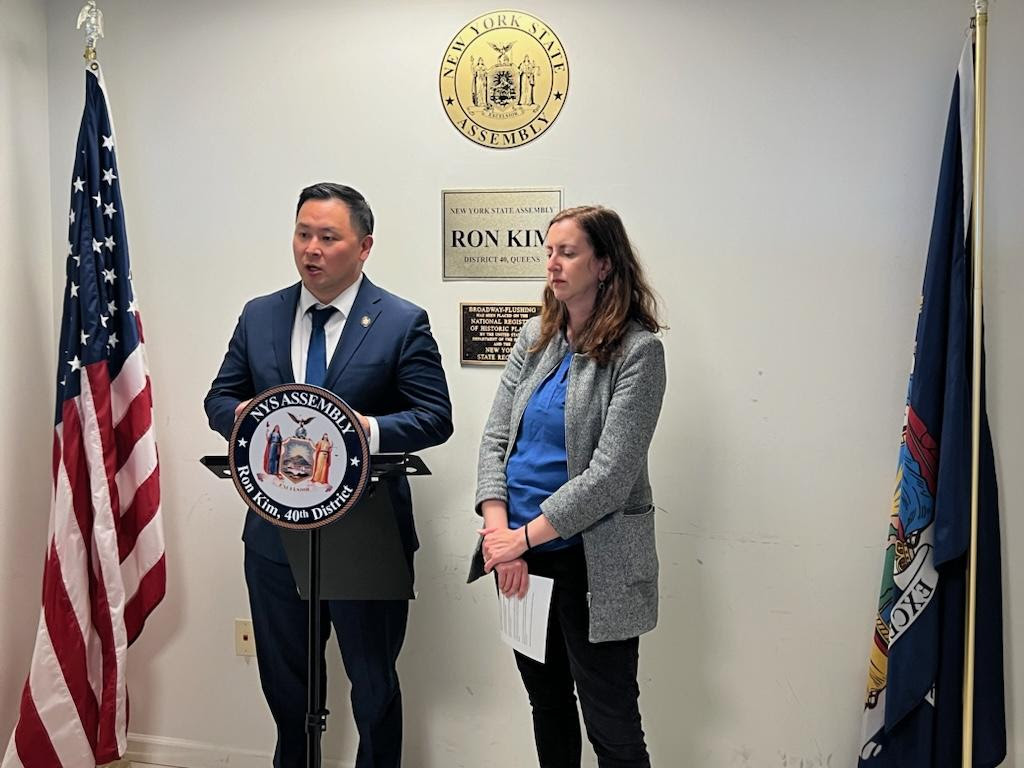Caribbean Community nations are preparing to step up a lobbying campaign in the U.S. to prevent the mega American banks from completely severing operating relations with those in the region because of unrelenting pressure from U.S. regulators.
The bloc of nations said this week that regional financial institutions remained under severe pressure because the big tier one banks such as JP Morgan Chase, Citibank and Bank of American are continuing to sever what industry officials usually refer to as correspondent banking relations with the Caribbean.
As U.S. regulations seek to tighten and bloc money laundering and other loopholes in the financial sector, the region is being left behind and even punished for allegedly not being up to speed to shut avenues that terrorists could take advantage of. The region has therefore been deemed an area of “high risk” so the big banks are “de risking” and severing ties, making it difficult for Caribbean institutions to complete transactions originating in the region.
The developments have even led to talks about the possibility of some of the victim banks either finding alternatives to cash checks and complete transactions or to try to open branches in U.S. cities themselves to get around the problem.
Joseph Cox, assistant secretary general for trade at the Guyana-based bloc secretariat said this week that banks in the region have been hard hit by moves to cut, dubbing it unfair to the region.
Leaders who discussed the issue as a main agenda item at their mid-year summit in Belize last month have said the de risking by the banks because of alleged risky transactions flowing from the Caribbean could lead to the collapse of some in the bloc.
“Several banks have been affected in a number of jurisdictions,” Cox said, noting that the American institutions have been reacting to increased pressure from regulators about the integrity of transactions, money laundering and related issues.
“So many of the American banks have chosen to terminate correspondent relations with some in the Caribbean. The volume of transactions from the region is large but the amounts are small so they have said it is just not worth it to continue doing business with the Caribbean with so much pressure from regulators.”
Antigua and Belize are among the hardest hit while regulators have also been eyeing the level of legal compliance by several other countries including Guyana.
The result of all this is that the leaders have nominated Antiguan Prime Minister Gaston Browne to be the lead fighter for the region on this issue, heading missions to Washington D.C to lobby lawmakers, the White House and others of influence in the U.S.
He has already mounted at least one mission and plans to lead several more in the coming weeks.
As an indication of how serious this issue is being viewed by leaders, they devoted fair play to it in the final communiqué of the Belize summit in stronger than usual language.
Leaders had noted the “progressive decline in correspondent banking relationships available to the banking sector as a result of the de-risking strategies employed by the global banks. They opined that the withdrawal, restricted access and / or the higher cost of such services, allegedly in response to the heightened regulatory posture of regulatory authorities” would severely hurt the region and destabilize the banking sector.
Some banks in Belize and Antigua are among the hardest hit even as leaders argue that the region has “complied with all global regulatory standards, including those established by the Financial Action Task Force (FATF) and the Global Forum, and have been scrutinized in every detail by the IMF and other multilateral institutions.”


